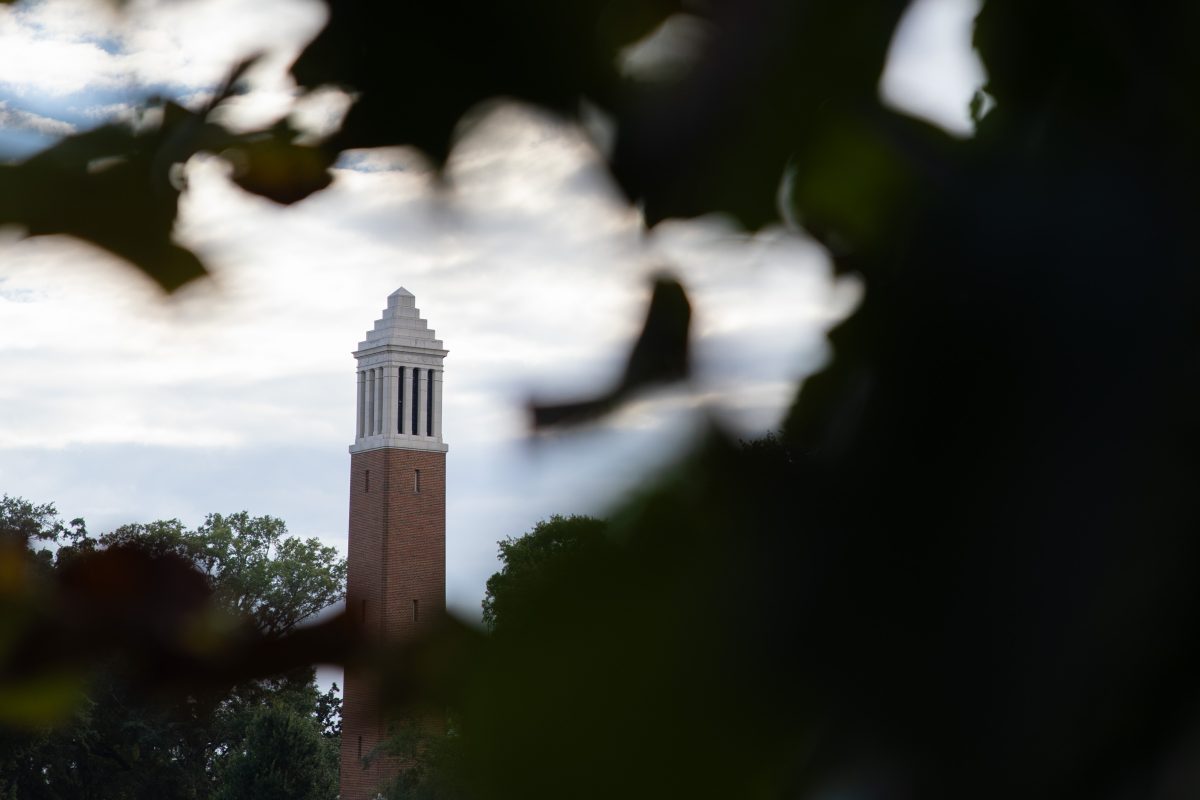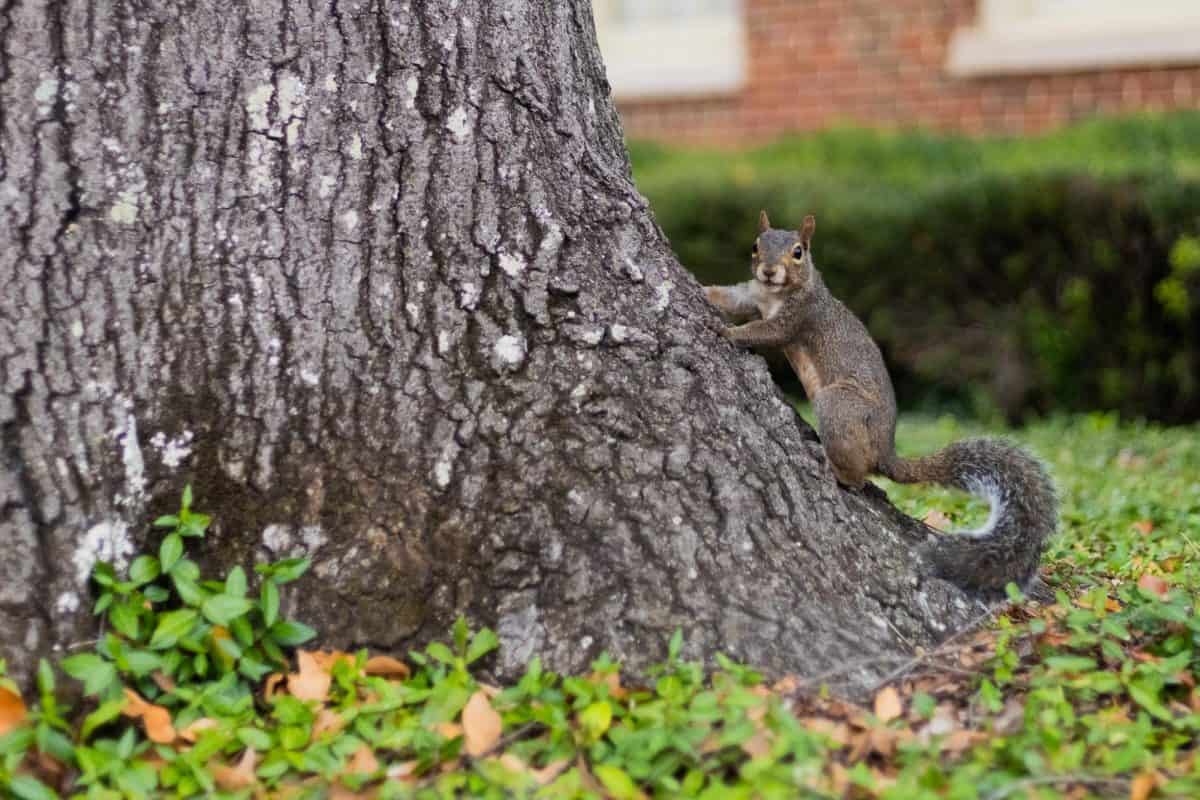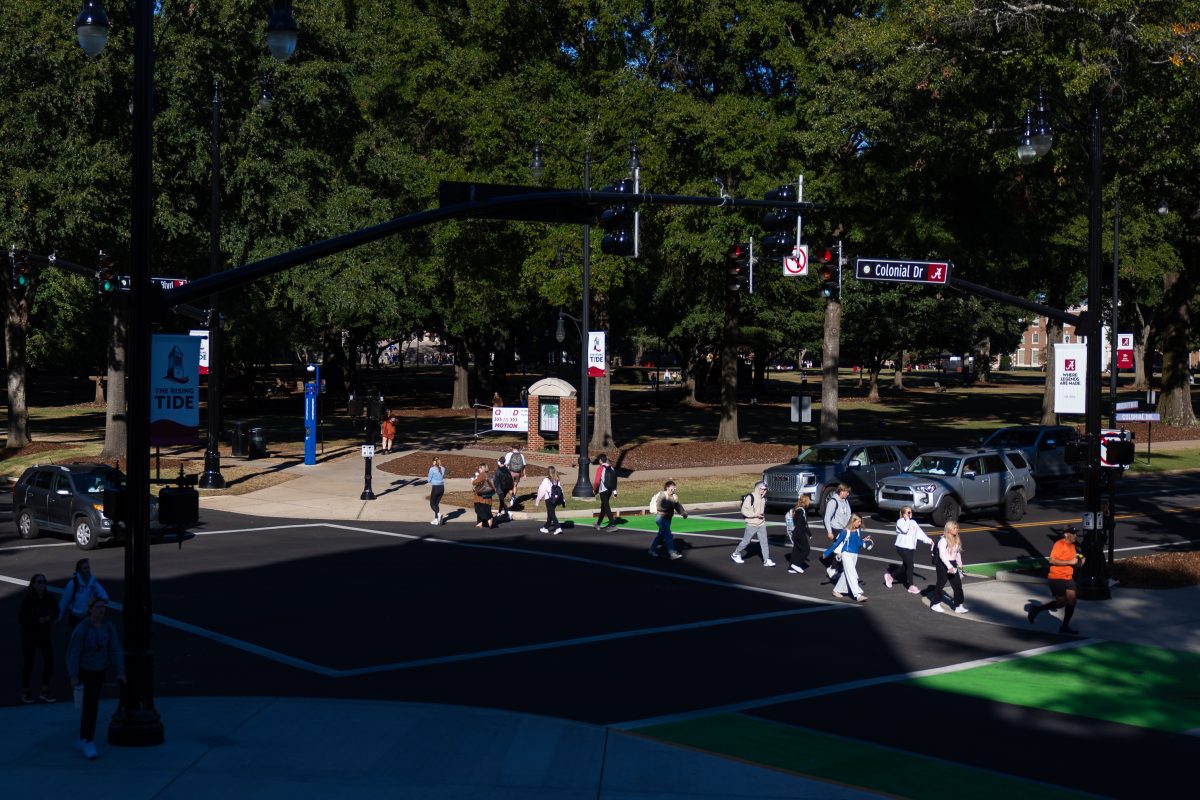E.O Willson, UA alumnus and two-time Pulitzer Prize winner, will visit The University of Alabama on Sept. 11 to lecture students and faculty on his newest book, “The Social Conquest of Earth.”
Wilson said his lecture will focus on the three “big questions” of existence: where we come from, what are we and where are we going.
“My book is about the art of highly-successful social systems in animals and humans,” Wilson said.
Wilson, who is visiting as part of the College of Arts and Sciences’ scholar-in-residence program, is the world’s foremost expert on ants and one of the world’s leading experts on evolution and species diversity. He is known as the father of the theory of sociobiology, which proposes that human and animal behavior is shaped by evolutionary forces.
Laura Reed, an assistant professor in biological sciences, was first introduced to Wilson by reading his book, “The Ants.” Her appreciation for him stems from her love of his writing and his research.
“Dr. Wilson is a thoughtful and empathetic naturalist whose excellent body of work derives from his passion for the organisms that he began studying as a child and his unusual ability to communicate that scientific passion through compelling writing,” Reed said.
Wilson was born in Birmingham, grew up in Mobile and received both his bachelor’s and master’s degrees in biological sciences from the University. He went on to receive a doctorate at Harvard University and taught there for more than 40 years. He now resides in Lexington, Mass.
“I owe a huge amount personally to The University of Alabama,” Wilson said. “I found the support there and I was nurtured by the University and given a wonderful education.”
Wilson is the author of more than 28 books, two of which won the Pulitzer Prize for general non-fiction. He has been recognized with more than 100 international awards and was named one of Time magazine’s 25 most influential people in America in 1995.
Asher Elbein, a junior in New College, became familiar with E.O. Wilson through the Blount program, which includes Wilson’s work in its curriculum. After reading “In Search of Nature,” Elbein was hooked.
“It’s very important that he’s not only at the forefront of making theories, but also effective at communicating them,” Elbein said.
Leah Dunkel, a junior majoring in psychology and telecommunications and film, said Wilson’s popular appeal comes from his ability to communicate complex science clearly.
“He helps you understand and draw attention to some of the endless complexities of nature, which we so often take for granted,” Dunkel said.
Kelli Wright, the communications specialist in the dean’s office for the College of Arts and Sciences, said the lecture will be popular among students, as it was in the past.
“Although he is in his eighties now, he has an incredible wit and he loves to be around young people and continue sharing knowledge with them,” Wright said.








